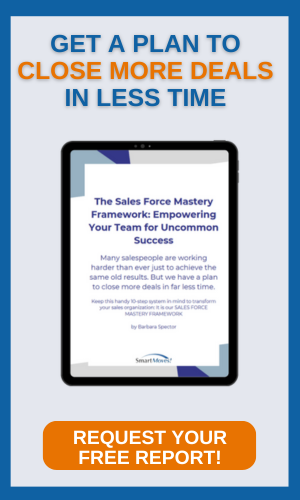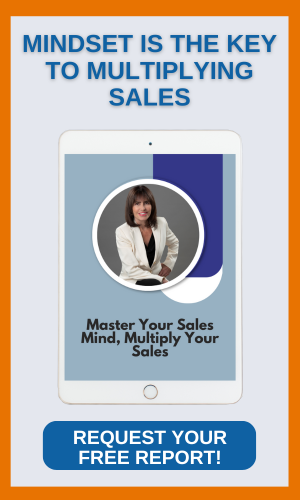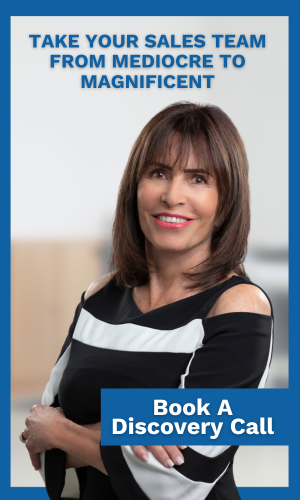
Sales is one of the most common jobs in the US. But top salespeople know a secret--that can make them rich.
By Darren MarbleCEO, CrowdfundX@darrenmarble
Let's start with the obvious: salespeople have a bad rap. That's because most people employed in sales are--wait for it--crappy salespeople. These are your typical pushy, slimy, or aggressive salespeople that make you feel uncomfortable. They may even include your friends who hawk insurance, weight loss products or oils on Facebook (no offense).
But there is another group of salespeople--the elite one percent--who are an entirely different breed. These salespeople make it rain. They have bottomless expense accounts, fly first class, and negotiate luxury auto leases or relocation packages into their employment agreements with ease.
They often have entire teams dedicated just to them, such as executive assistants, pre-sales resources, or others, because a support infrastructure empowers them to spend more time doing what they do best--sell.
The bottom 99 percent and the top one percent of salespeople actually have something in common: they are both creatures of habit. The bottom 99 percent push their products or services on unwilling victims. They sell features, benefits, and ask for the order. Oftentimes they are very likable on a personal level, will smile, and speak with conviction, energy, or enthusiasm.
They know that if they smile long enough and keep closing, they will eventually sell something. After all, sales is a numbers game, right?
But the top one percent of salespeople know a secret--one that can generate a million dollars a year in personal income, or more. Sometimes these salespeople realize that they have the critical skill set needed to launch a business--so they do, and become billionaires.
These elite salespeople also repeat a behavior, over and over. Except it's a different behavior than the bottom 99 percent. What is their secret to sales success?
The top one percent of salespeople ask the right questions.
The best salespeople don't pitch--they ask questions. They ask smart, savvy questions, immediately on a first call or meeting. They don't interrogate, but they do ask calmly, methodically, almost in hypnotic fashion, and create a cadence where the prospect is responding to one question after the next.
This simple strategy is exceptionally effective. The more questions the salesperson asks--and the more information the prospect yields--the better equipped the salesperson is to sell the deal.
Top salespeople start with qualifying questions to determine if the prospect they are speaking with is even worth their time. They ask questions around personal or business pain points, decision-making process, timeline and budget. Within fives minutes, they will know if there is a qualified deal worth pursuing, or if they should move on to the next.
They hone in like a hawk on pain points, asking the prospect how the pain is manifesting itself, how it is impacting them, and whether it can be quantified. They take notes and mirror back answers not only to confirm what they've heard, but to let the prospect know that are listening. And listening they are.
In a business-to-business sale, top salespeople ask specifically about the prospect's evaluation criteria, and how each decision-maker in the deal prioritizes those criteria. They ask who the signer is--the key decision-maker--and how the closing process will work in the event they have the winning solution.
It's not uncommon for prospects to interrupt the salesperson and ask their own questions about the product, service, pricing, or delivery. But top salespeople are massively disciplined and will politely push back in order to continue their line of questioning.
In some instances, the perfect first meeting is one in which the salesperson says absolutely nothing about their product or service. They prefer to come back for a second meeting, armed with intimate knowledge on how to sell the deal, and close.
The next time you're on a first call with a prospect, challenge yourself to not to talk about your product or service at all. Ask the right questions instead and map out your strategy for the next meeting. When you come back, you might be pleasantly surprised as to how easy it is to seal the deal--and begin your transition to the top one percent.
Don’t know how to ask Good questions? Great questions? Tough questions? We can teach you how to do this.





